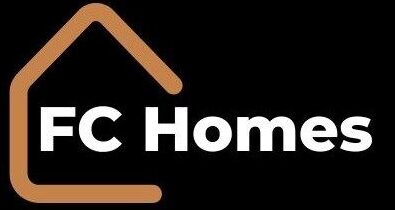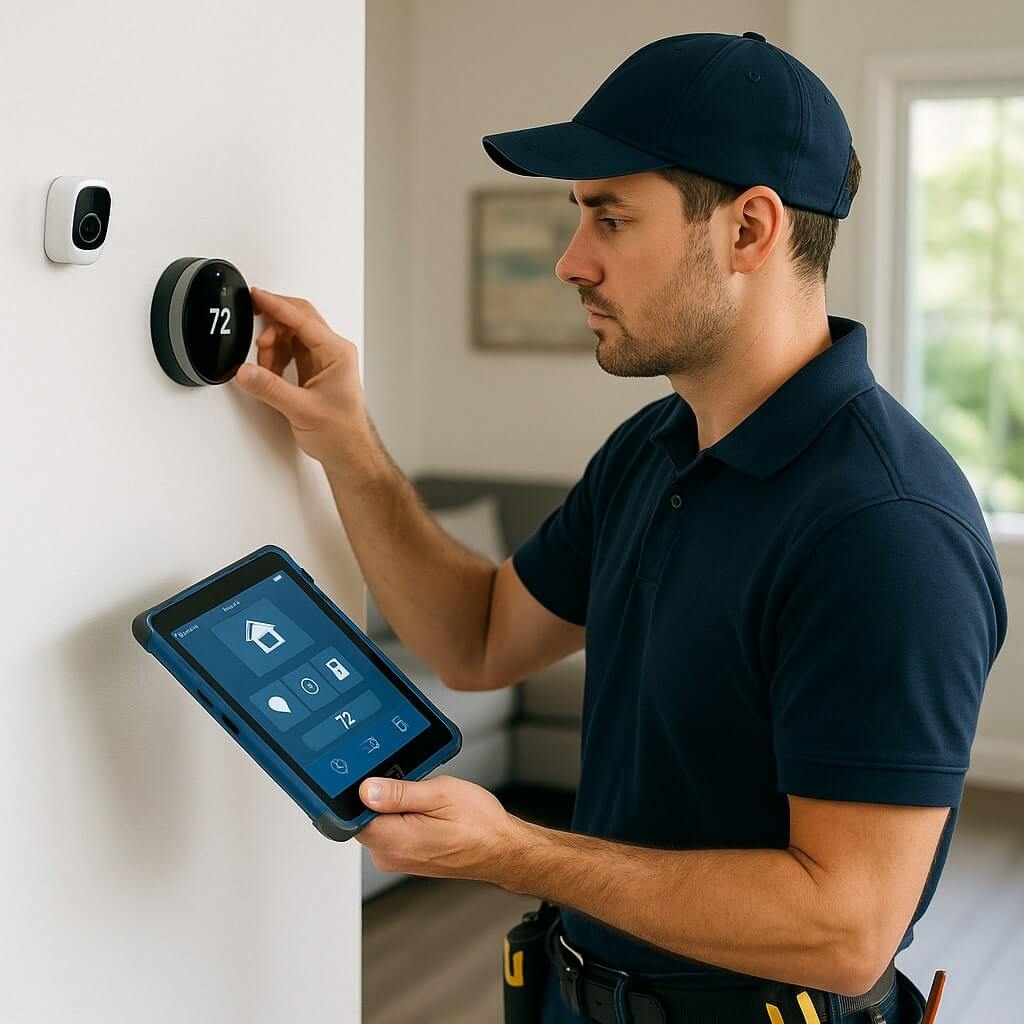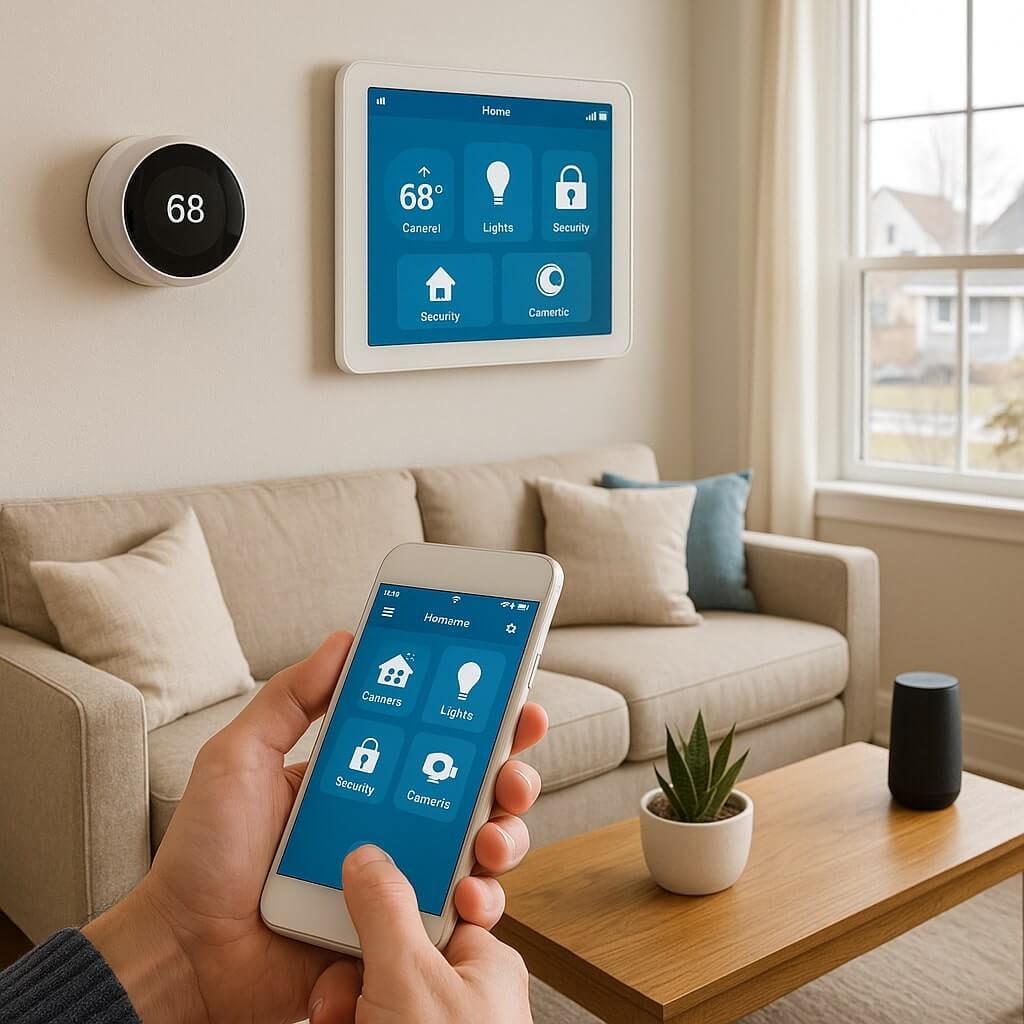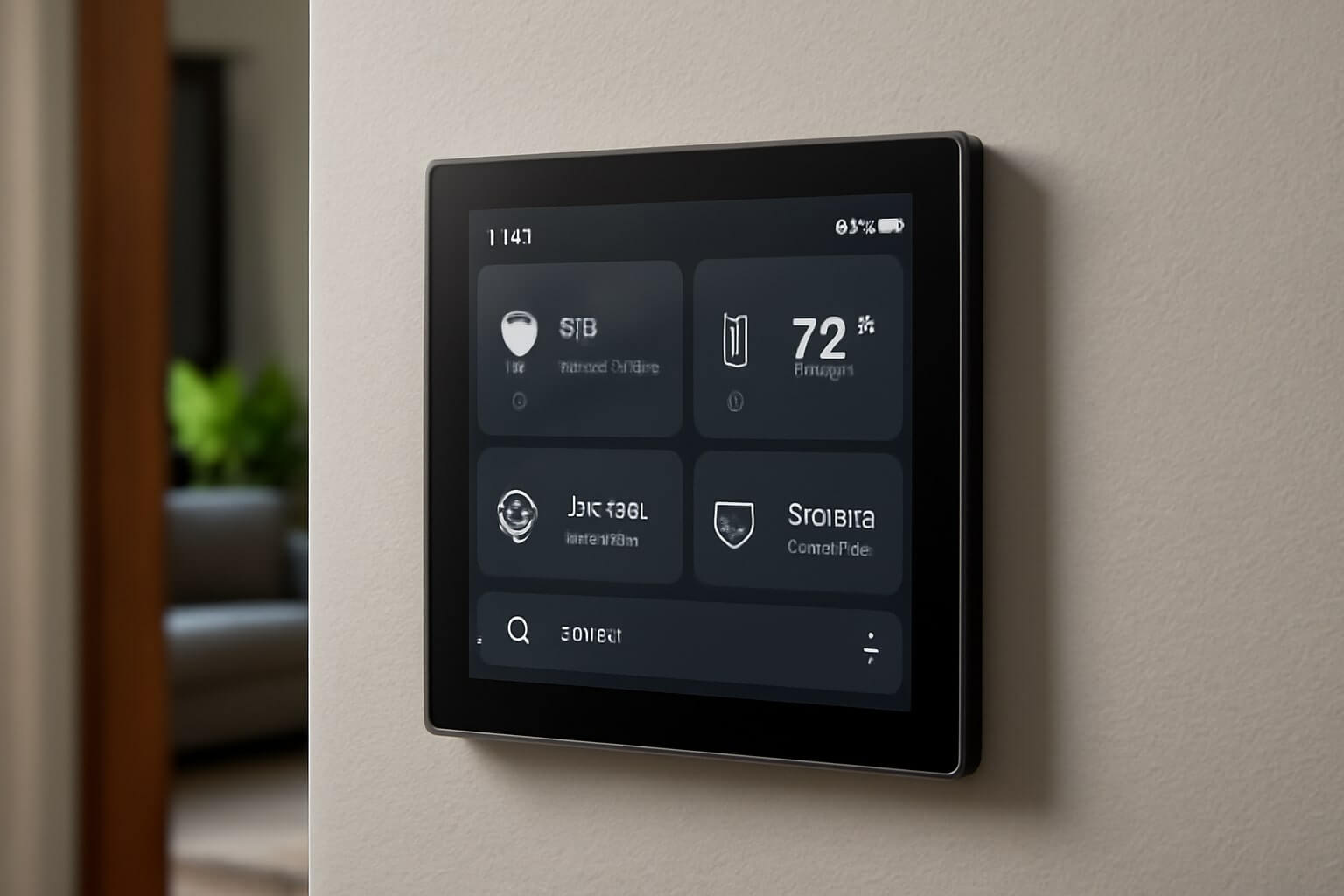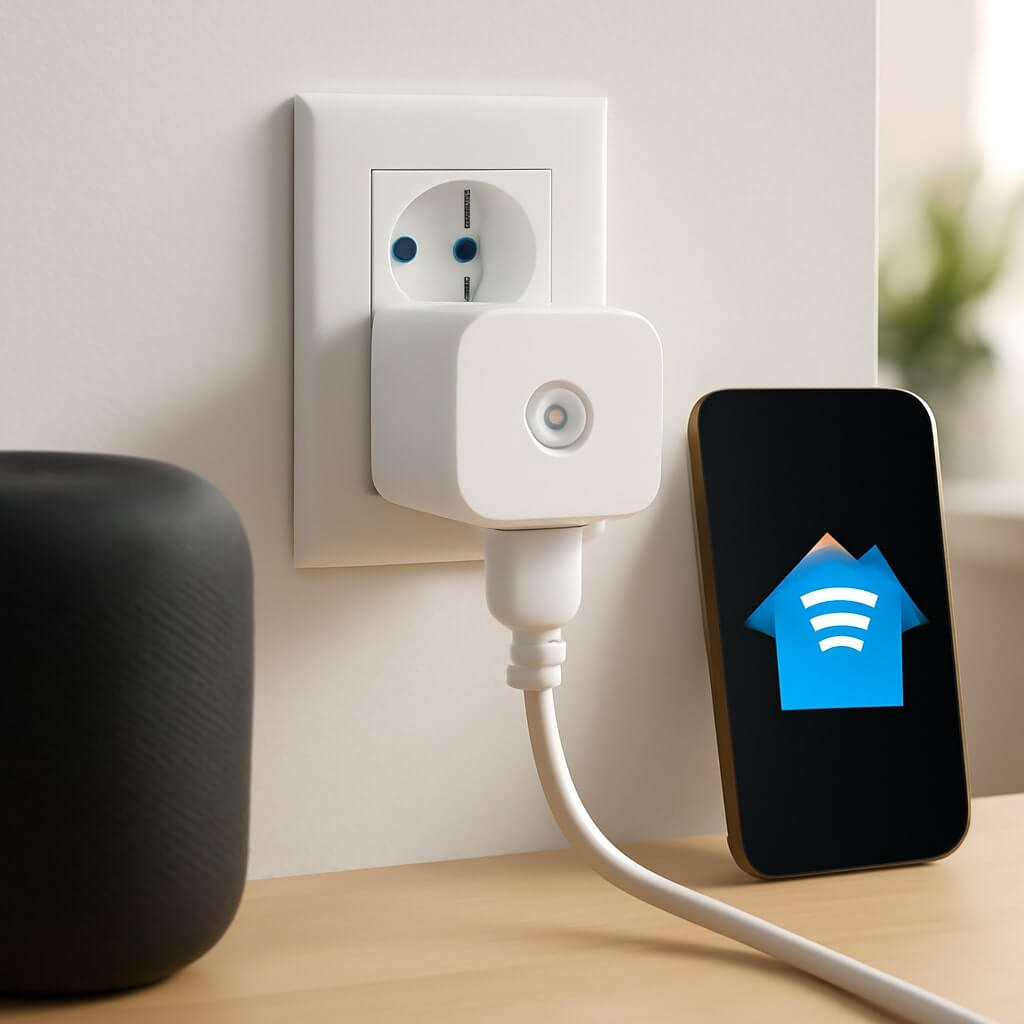As homes become increasingly connected, the demand for smart home installation services continues to rise. From security systems to lighting automation, homeowners are investing in technology that enhances convenience, safety, and energy efficiency. Starting a smart home installation business today is not only timely but potentially very profitable. This guide provides a comprehensive look at how to enter the booming home automation market.
Why Start a Smart Home Installation Business?
The global smart home market is projected to reach $231 billion by 2028, driven by increasing consumer demand for convenience, energy efficiency, and home security. As more devices become interconnected — such as smart thermostats, lighting, security cameras, and doorbells — the need for skilled installers has skyrocketed.
Key Benefits:
- High-demand industry with low competition in many local markets
- Opportunity to specialize or offer full-service installation
- Recurring income through service contracts or system upgrades
- Scalable from solo operator to full-service team
Market Research and Niche Selection
Before launching, it’s essential to conduct local market research to identify opportunities. Determine what services are currently offered in your area and where there are gaps.
Potential Niches:
- Home security system installation
- Smart lighting and automation
- Voice-controlled assistants and home hubs
- Energy-efficient climate control setups
- Elderly care and accessibility automation
Choosing a niche or combination of services allows you to tailor your branding, marketing, and expertise, making you more appealing to a target audience.
Skills and Certifications Required
Though some devices are plug-and-play, many installations require technical skills, especially when wiring, configuring networks, or integrating systems.
Recommended Skills:
- Basic electrical knowledge
- Networking and Wi-Fi setup
- Familiarity with IoT platforms (Google Home, Amazon Alexa, Apple HomeKit)
- Strong customer service and problem-solving skills
Certifications to Consider:
- CompTIA Network+
- CEDIA Certified Smart Home Technician
- Electrical contractor license (check local regulations)
Having credentials builds credibility and may be required to work legally in certain regions.
Tools and Equipment Needed
You’ll need both hardware and software tools to deliver professional services.
Essential Tools:
- Voltage testers and multimeters
- Drill, wire cutters, and screwdrivers
- Cable testers and crimpers
- Ladders and mounting tools
- Laptop or tablet for configuration and diagnostics
Software:
- Home automation platforms (Control4, Crestron, SmartThings)
- Quoting and invoicing software
- Scheduling and CRM tools
Business Setup and Legal Requirements
Before offering services, you must legally establish your business.
Key Steps:
- Choose a business name and register it
- Apply for a business license and any required permits
- Get liability insurance (especially for in-home work)
- Consider forming an LLC for legal protection
- Open a business bank account and accounting system
Pricing Strategy and Revenue Models
Your pricing should reflect your expertise, market standards, and service complexity.
Common Pricing Models:
- Flat rate per device installed
- Hourly labor rate
- Package deals (e.g., full home automation setup)
- Recurring fees for maintenance or service plans
Revenue Avenues:
- Product markup on smart home devices
- Upselling additional services
- Long-term contracts with property developers or realtors
Marketing Your Smart Home Installation Business
A strategic marketing plan is essential for attracting clients and building trust.
Effective Marketing Tactics:
- Create a professional website with service pages and client testimonials
- Run Google My Business and local SEO campaigns
- Advertise on social media platforms (especially Facebook and Instagram)
- Partner with real estate agents or home builders
- Offer referral discounts and promotions
Branding Tips:
- Focus on trust, security, and modern living
- Showcase before-and-after setups in photos or videos
- Highlight customer reviews and success stories
Building a Team and Scaling the Business
As your business grows, hiring skilled installers, sales staff, and customer support can help expand operations.
Tips for Scaling:
- Standardize installation procedures and training
- Invest in project management software
- Offer franchise opportunities or expand to nearby cities
- Add new services like commercial installations or smart offices
FAQ
Startup costs range from $5,000 to $25,000 depending on tools, certifications, marketing, and business setup.
Yes, you can manage operations from a home office and visit client sites for installation.
For most plug-and-play devices, no. However, any wiring or electrical work may require a licensed electrician or additional certification depending on local laws.
Use local Facebook groups, Nextdoor, Google My Business, and referrals from friends and family to get your first few jobs. Offer discounts or bundle packages to attract early customers.
Yes. With the continued growth of smart technology, energy efficiency incentives, and consumer interest in automation, the smart home industry is expected to thrive for years.
Conclusion
Starting a smart home installation business is an exciting opportunity in today’s tech-forward housing market. With low overhead, increasing demand, and a wide variety of services to offer, it’s a venture with high profit potential. By developing the right skills, building trust through quality service, and continuously evolving with new technologies, you can establish a smart home business that thrives in the years to come.
